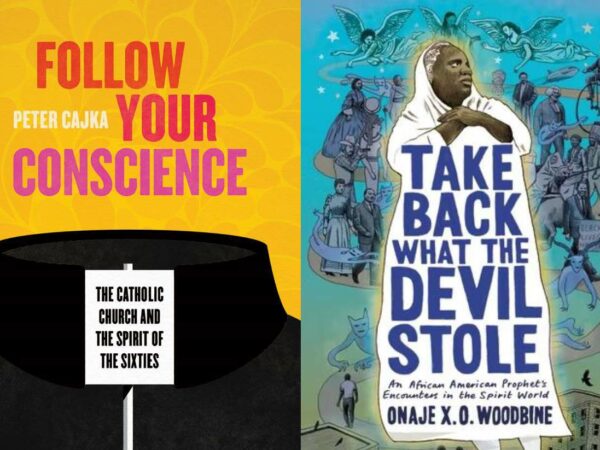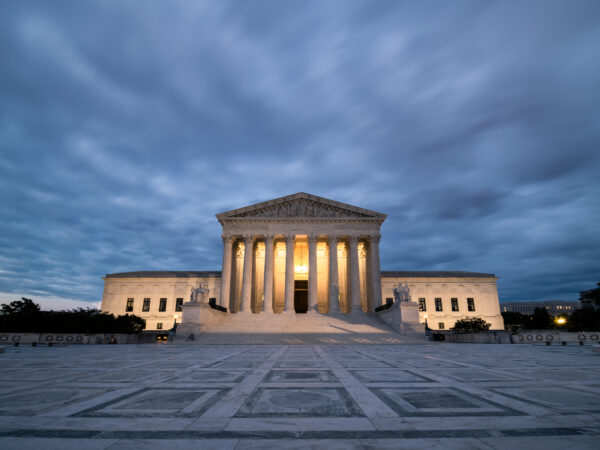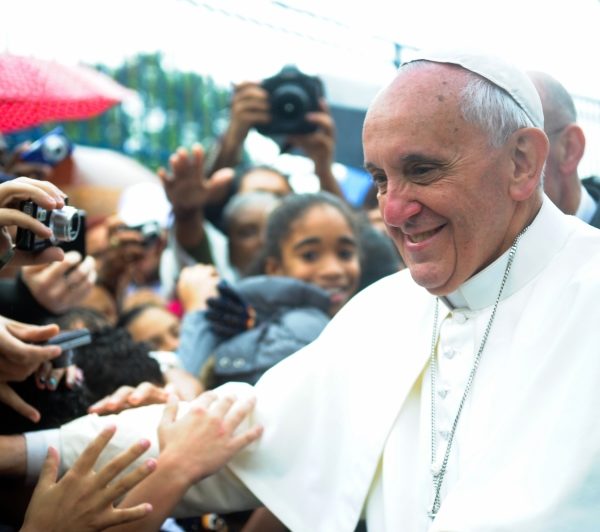
Woodbine’s beautiful narrative is extraordinarily self-aware, and deeply humane. Haskins’ own voice is strong, active, present throughout. I had not planned to read it in one sitting but I literally could not put it down. Only a couple miles northwest of Haskins’ Roxbury, in the mostly Irish Catholic neighborhood of Chestnut Hill near Boston College, there is a totally other religious and cultural world. This is the place of white priests, educated Catholics, lecture halls, and the circuits of urban Catholic power. Particularly in the 1960s and 70s, it might as well have been another planet from Afro-Caribbean Roxbury.

Understanding the relationship between morality and religion has preoccupied humanity’s best and brightest for millennia (think Plato, Aquinas, Kant, Nietzsche). Today, fascination with questions of morality and religiosity is no longer confined to philosophers, theologians and religion scholars. Research into the various ways that religion might influence moral identity is underway across a variety of subject disciplines in the human, natural and social sciences, capturing the interest of biologists, geneticists, neuroscientists, psychologists, anthropologists, and sociologists. Such research is highly necessary. The vast majority of the seven billion people on the planet identifies as religious. Most adopt at least some social and cultural norms and practices that reflect their religious identities. Across the globe, countless moral choices, great and small, are made on the basis of religious faith….
I should add, from a Christian point of view, liberty is neither a virtue nor an ideal. History is ripe with examples of how liberty may turn to tragedy for individuals as well as for whole peoples and civilizations. Nonetheless, there is, it seems, a stubborn fact: in the soul of one who is not free there can neither be reason, nor beauty, nor love. One could say that a man doesn’t really exist as a man without these, and can’t even begin to comprehend the divine. Shortly before his death Christ told his disciples: “Unless I go the cross, the Holy Spirit will not come to you.” And do you know why? Because as long as there is some higher authority, be it even God personified, from whom men simply take words as facts, as some kind of a command, then they are not acting according to their own free will. And community with the Holy Spirit is reserved for free souls. Without freedom, love is impossible.



